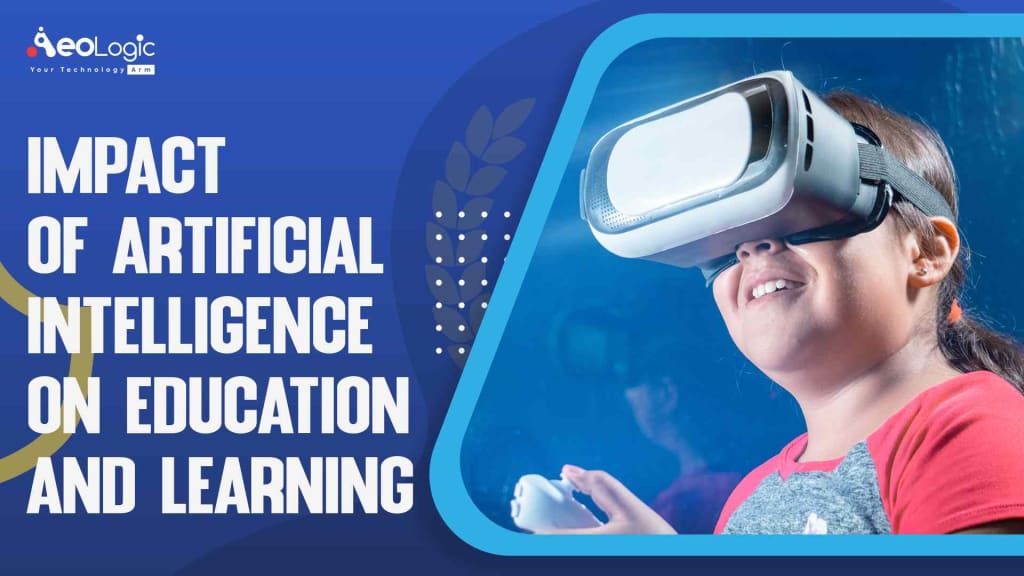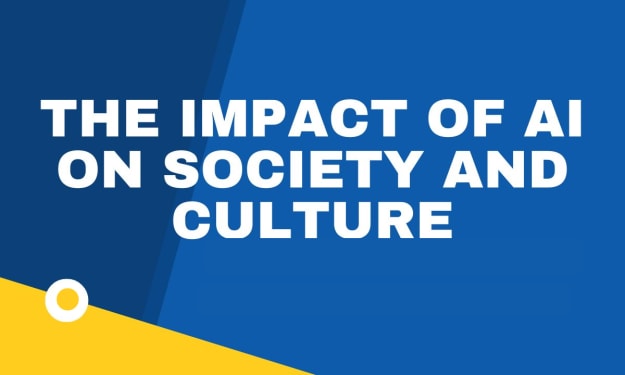The impact of AI on education
This essay can examine how AI is being used in education, from personalized learning experiences to identifying areas where students need extra help.

Artificial intelligence (AI) has the potential to revolutionize education in numerous ways. From personalized learning experiences to more efficient administrative processes, AI can provide educators and students with powerful tools to enhance the learning experience. In this article, we will explore the impact of AI on education, both current and future.
Current Impact of AI on Education
Personalized Learning
AI has the potential to provide personalized learning experiences for students. By analyzing student data, AI algorithms can identify areas where a student is struggling and provide tailored learning materials to address those weaknesses. This can help to ensure that each student is receiving an education that is tailored to their individual needs.
Improved Assessment
AI can also improve the assessment process by providing more accurate and efficient grading. By using natural language processing algorithms, AI can grade written assignments and provide feedback to students in real-time. This can save educators time and provide students with more immediate feedback on their work.
Administrative Efficiency
AI can also improve administrative efficiency by automating certain tasks such as scheduling, grading, and student data management. This can free up educators' time to focus on more important tasks such as curriculum development and teaching.
Language Learning
AI can also be used to improve language learning by providing automated translation and language learning tools. This can help students to learn languages more efficiently and effectively.
Future Impact of AI on Education
Adaptive Learning
As AI algorithms become more advanced, they will be able to provide even more adaptive learning experiences. For example, AI algorithms can be used to analyze a student's learning style and adjust the pace and content of the curriculum accordingly.
Learning Analytics
AI can also provide powerful learning analytics tools that can help educators to identify areas where students are struggling and provide targeted interventions. By analyzing student data, AI algorithms can identify trends and patterns that may not be immediately apparent to educators.
Intelligent Tutoring Systems
AI-powered tutoring systems can provide students with personalized support that is tailored to their individual needs. These systems can provide feedback, answer questions, and provide additional resources to help students to master difficult concepts.
Virtual Learning Environments
AI can also be used to create virtual learning environments that simulate real-world scenarios. These environments can provide students with hands-on experience and allow them to apply the knowledge and skills they have learned in a realistic context.
Challenges and Concerns
While AI has the potential to revolutionize education, there are also concerns about its impact. Here are some of the challenges and concerns associated with the use of AI in education:
Equity and Access
One of the biggest concerns is the potential for AI to perpetuate inequities in education. AI algorithms may be biased against certain racial or socioeconomic groups, leading to unequal educational outcomes.
Privacy and Security
AI can also pose privacy and security risks if it is used to collect and analyze student data. This data can be used to target individuals with personalized ads or even to manipulate their behavior.
Job Displacement
AI has the potential to automate certain aspects of teaching and education administration, leading to job displacement in the education sector.
Ethical Concerns
There are also ethical concerns associated with the use of AI in education, such as the potential for AI to be used for surveillance or to manipulate student behavior.
Conclusion
The impact of AI on education is complex and multifaceted. While there are concerns about the potential negative consequences of AI, such as job displacement and privacy risks, there is also great potential for AI to revolutionize education by providing personalized learning experiences, improving administrative efficiency, and providing powerful learning analytics tools. As AI continues to advance, it is important to ensure that its development and use are guided by ethical principles that prioritize equity, access, and student well-being.
About the Creator
Abdullah Javaid Khan
Im a Passionate Writer with a talent for crafting compelling stories and insightful commentary. With 2 Years Of experience in the writing industry,i have honed skills across a range of genres,from fiction to facts,journaslism to poetry.






Comments (1)
Very fruitful information. You can read my story as well.